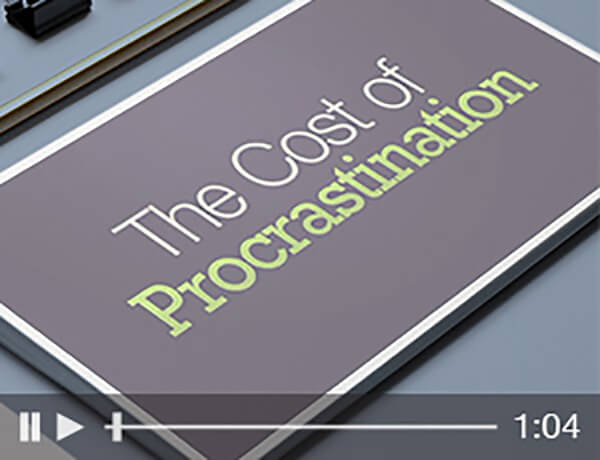Father Knows Best
“Listen, money doesn’t grow on trees.”
How many of us remember our fathers uttering those immortal words as we pleaded for something beyond the family budget?
Perhaps the granddaddy of all dad-advice was from U.S. founding father Benjamin Franklin: “A penny saved is a penny earned.” Hard to argue with seven words that sum up the wisdom of saving and the miracle of compounding interest. Or perhaps these axioms sound familiar. “Set something aside for a rainy day.” “Live within your means.” “Always buy quality.” “Pay yourself first.” And the evergreen, “Hey, don’t come to me looking for money.”
Words are one thing. Actions speak even louder to a child. What were your dad’s behaviors and attitudes around financial decision-making? A research study of 5,000 Americans reveals distinct behavioral profiles when it comes to managing money. What many don’t realize is that many of our perceptions and attitudes about money were shaped during childhood. So which of these best describe your dad?
Day-to-Day Decision-Maker: Did your dad calculate monthly expenses down to the last nickel? Did he worry about balancing work and family life? A little over one-quarter of Americans fall into this category. When people focus exclusively on short-term goals such as paying bills—whether out of necessity or personality—they live with constant stress, lacking the confidence that financial goal-setting and planning can bring.
Ambitious Spender: Some of us grew up with dads who subscribed to the motto, “He who dies with the most toys wins.” Was your dad happiest when he had the very latest stuff (car, stereo, boat) even if it meant relying on credit cards? People in this category — about 20% of Americans — find it hard to delay gratification and, as a result, may find themselves with little or no savings for emergencies or retirement.
Retirement Realist: Some dads are born savers. They start funding a 401K at their first job and never let up. One-third of Americans are uber-savers and while they are good financial role models in many ways, their singular focus on ensuring retirement income can lead them to miss opportunities to enjoy life along the way.
Confident Planner: About one in five Americans has it all together when it comes to financial habits. Being a confident planner is the best prescription to feel satisfied with life and confident about the future. If your dad is in this group, he probably considers all the following to be important, and hopefully passed on some of these pearls of wisdom to you:
- Having a strong understanding of basic financial principles
- Creating a written financial plan, often with the help of a financial professional
- Owning a diverse set of growth and protection solutions, such as life insurance, disability insurance, and retirement investment accounts
- Ensuring his family lived within their means and transferring healthy attitudes about money to his children
What would a financial professional say? Well, Tom Wyatt, Executive Director of Retirement and Distribution Planning for Lifetime Financial Growth., says, “It doesn’t matter how much money you make. There are always plenty of things to spend all of it on.” What that means is, if you don’t have a plan, you won’t know how much you have to spend and you won’t have a process for making financial decisions. Then, one day you find yourself with no money, surrounded by things that don’t really matter. So examine your priorities and spend on the things that are worth it.
Are you like your dad, or are you charting a different course? To find out, take our short quiz, and consider establishing a relationship with a financial professional to help you navigate life’s challenges and opportunities. As Ben Franklin also said, “An investment in knowledge pays the best interest.” The more you know, the more financially confident you can become.
Brought to you by The Guardian Network © 2017. The Guardian Life Insurance Company of America®, New York, NY



